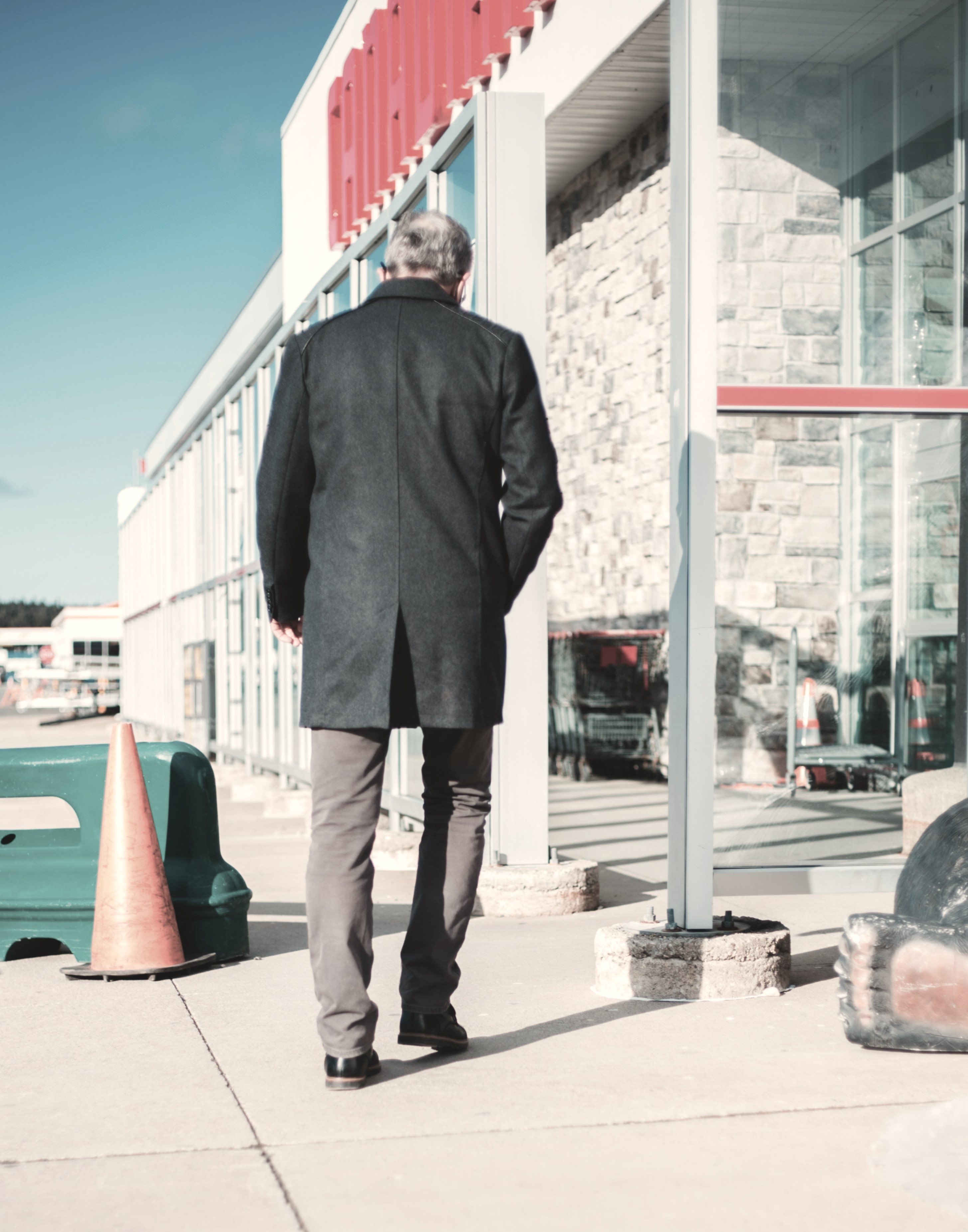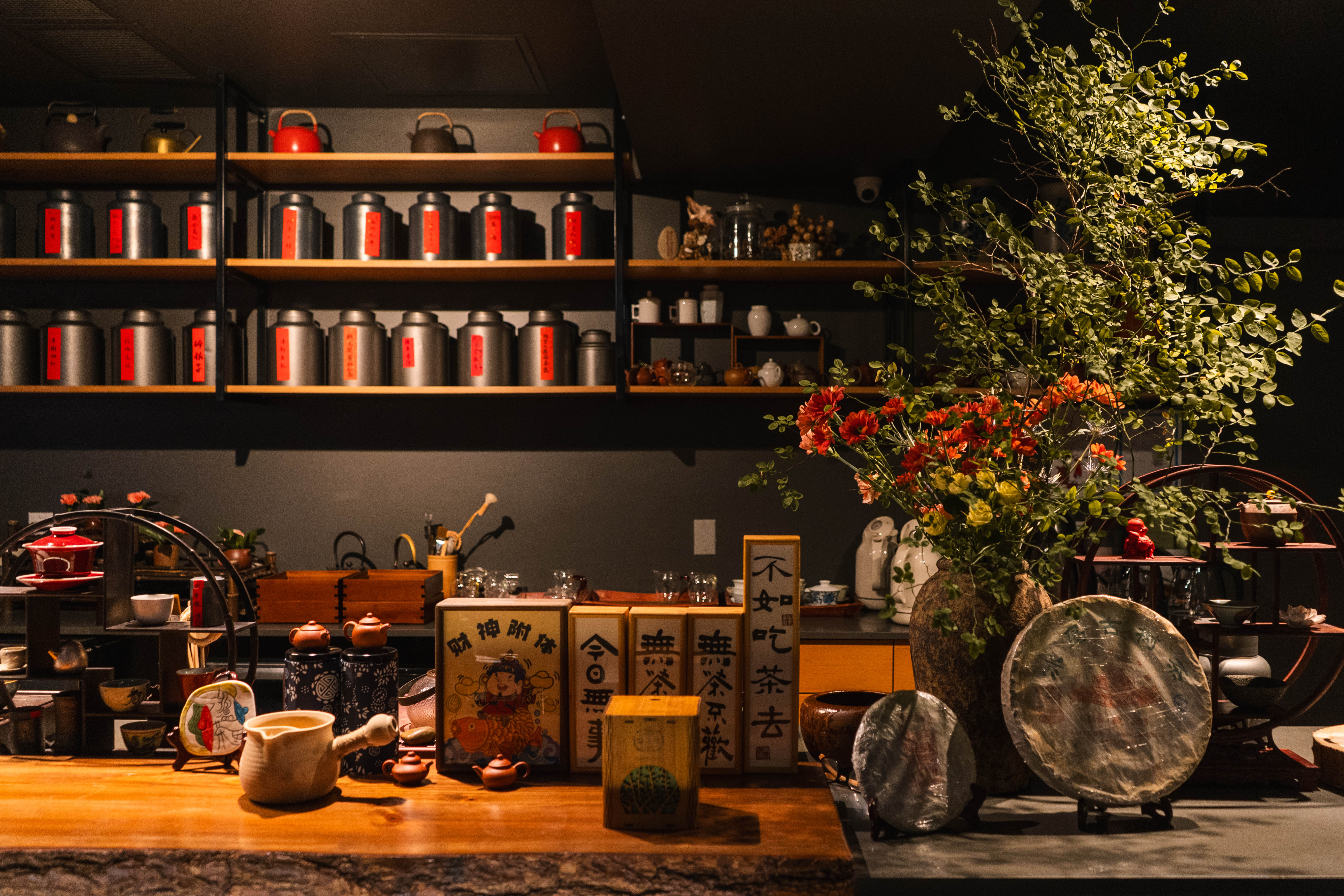Chris
Chris

I know I was born in Victoria. My ancestors on my father's side immigrated on July 13, 1875 from what's now called Ukraine, as the Mennonites that were fleeing at that time - religious persecution. To make a long story very short, my parents landed in Victoria, and spent some time in Victoria and Ottawa, and then back to the Lower Mainland here in Delta.
My wife and I lived in Kenya for three years in the early 1990s, working with a British Educational Trust, that was involved with student refugees in eastern Northern Africa, sort of helping them to acquire post secondary scholarships. With a strong connection to the world's University Service of Canada, student refugee program, which I led at UBC in 1985.
What kept you here in Vancouver?
What's kept me here?
Well, I love my work here. That goes without saying.
My family's here, you know, kids, our extended family.
We have traveled a lot, but this is definitely home for us. And so that's what's kept me here.
Is there anything you’d wish was different? What would make it more “home” for you?
What would be different?
Well, there's the obvious one, of course, is more affordable housing. That seems to intersect everything. Not so much for my wife and I, because we are fortunate to have a home. But we look at the next generation, our children, and the challenges that they will face trying to find affordable housing.
I think that there's a number of things that are that are going in the right direction, you know, sometimes change takes longer than we want it to, you know, improvements in public transit, you know, the 10 year transit plan, the work that's being done on global warming, truth and reconciliation. I'm a more sort of hopeful, cautiously optimistic, pragmatic person. So I can see how the Lower Mainland is evolving.
One of the challenges is that with all net gain in our population expected from migration in 10 plus or minus years, how much are we doing to ensure that immigrants and refugees are welcomed and integrated? There are so many talented individuals with internationally acquired skills that are still not able to be recognized. There's work being done on it, but it just seems so slow in some ways around recognition and the ability to contribute back and reach their full potential, given the knowledge and skills and life experiences that they brought with them to this country, either as immigrants or refugees.
We gratefully acknowledge the financial support of the Province of British Columbia through the 150 Time Immemorial Grant Program.



